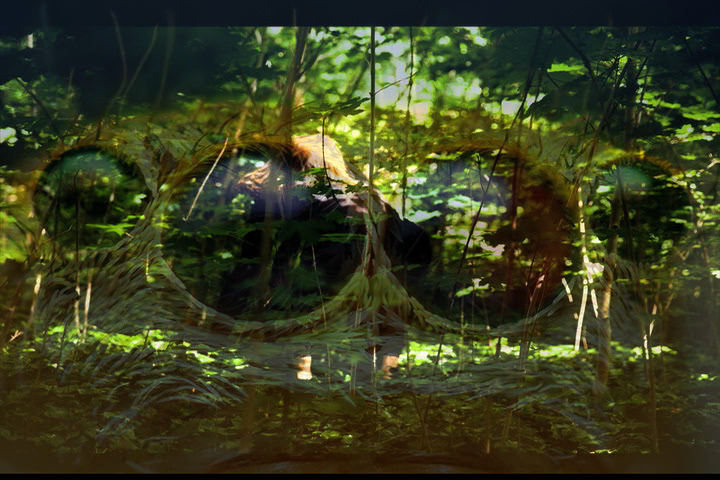This essay tries to read the pandemic-afflicted (human) world in terms of post-human translation. In echoing Anna Tsing’s call for “collaborative survival,” it speaks in images of human-spiders in the forest who sense the radical isolation of humans and, thus, loss of proximity. One witnesses ill-treatment of various bodies: those that are economized, racialized, or nationalized. In this way, the essay proposes a post-human approach to distorted intimacies worldwide. It uses multimodal means of reflection: film, photography, sounds, and words. Through such a combination of nonverbal and verbal elements, the essay argues against the divisions of humans-culture-nature. It asks the reader to rethink how we could exist in equal mutuality.
Articles by Snežana Stanković
Snežana Stanković is a postdoctoral researcher who teaches at the Viadrina Center B/ORDERS IN MOTION (European University Viadrina). Her ethnographic and archival works concern lifeworlds of human and nonhuman subjects in post-catastrophic areas. Being particularly interested in (in)tangible landscapes of coexistence, she pays attention to atmospheres, cemeteries/ monuments/ memorials, archives, and storytelling to follow possibilities of experiential and emotional translatability across different cultural and often politically conflictual settings. In pursuing her research, she brings into dialogue anthropological discussions on aging societies, forced migration, humanitarianism, policymakers, poverty, and the environment. Together with the visual anthropologist Linda Paganelli, she has been researching official and personal memories and commemoration of the Holocaust and Romani Genocide in Croatia and Serbia, as well as funeral laments and afterlives of the deceased in the Western Balkans and Sardinia.
